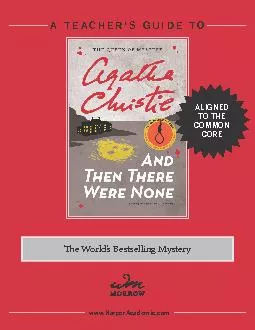PPT-Chapter 7 Road to Revolution
Author : tatiana-dople | Published Date : 2018-03-15
17631776 Victory in what war would enlarge the British imperial domain in North America French and Indian War This war would cause the British to built additional
Presentation Embed Code
Download Presentation
Download Presentation The PPT/PDF document "Chapter 7 Road to Revolution" is the property of its rightful owner. Permission is granted to download and print the materials on this website for personal, non-commercial use only, and to display it on your personal computer provided you do not modify the materials and that you retain all copyright notices contained in the materials. By downloading content from our website, you accept the terms of this agreement.
Chapter 7 Road to Revolution: Transcript
Download Rules Of Document
"Chapter 7 Road to Revolution"The content belongs to its owner. You may download and print it for personal use, without modification, and keep all copyright notices. By downloading, you agree to these terms.
Related Documents














